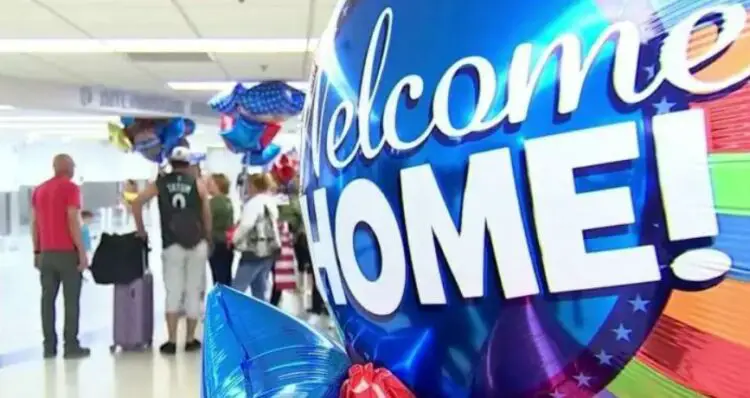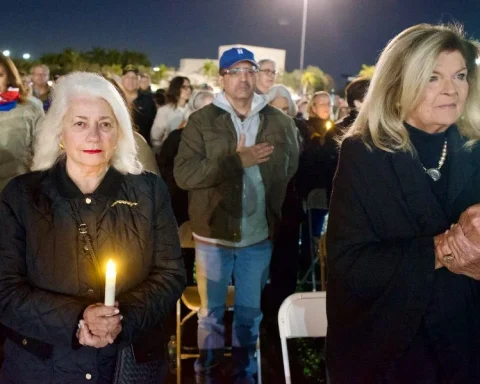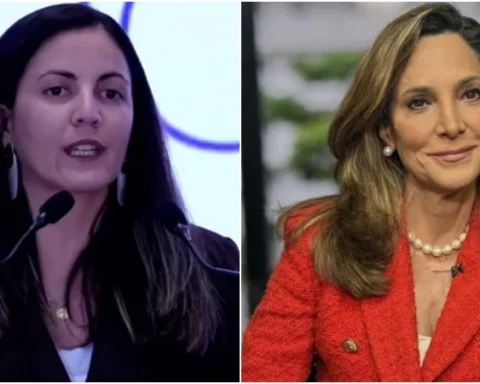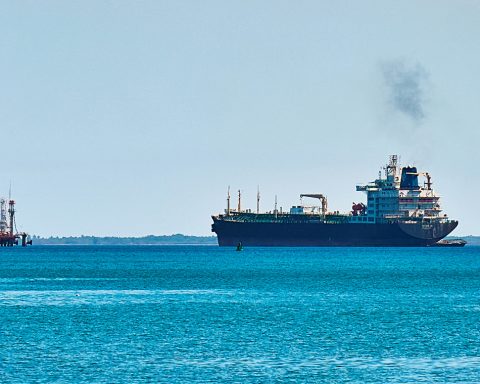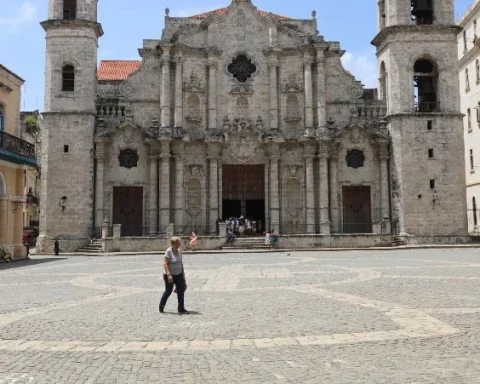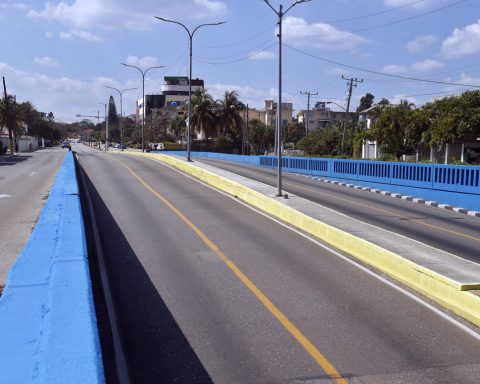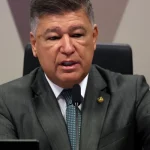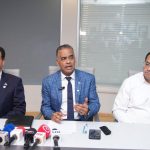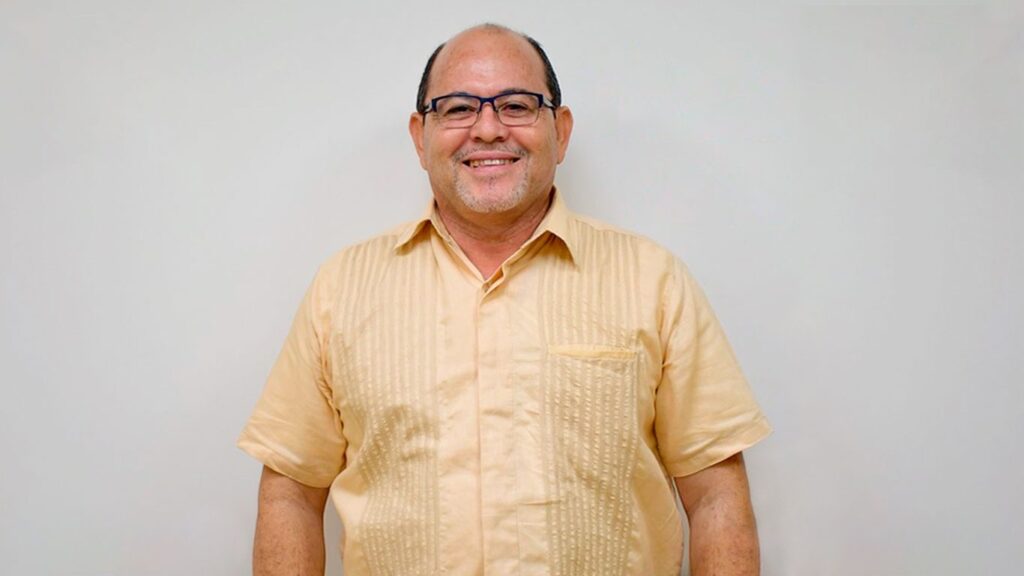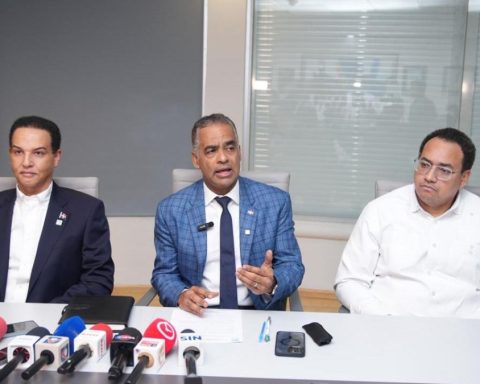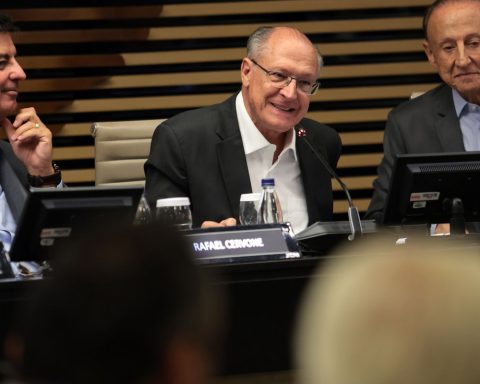MADRID, Spain.- The Biden administration announced this Thursday an update on the program of humanitarian parole implemented last October for Venezuelans and extended in January of this year to Cubans, Nicaraguans and Haitians, to try to reduce illegal immigration.
As reported by the Citizenship and Immigration Service (USCIS) through a releasestarting this Wednesday, approximately half of the monthly total of Forms I-134A began to be selected at random, regardless of the date of receipt.
The other half of the monthly total of Forms I-134A will be reviewed on a first-come, first-served basis based on the filing date of the case, which prioritizes the oldest Form I-134A for review, the information adds.
The changes in the program are due to the high number of applications received from sponsors, an amount “significantly higher than the 30,000 travel authorizations available monthly.”
According to USCIS, the changes are “intended to maintain a significant and equal opportunity for all beneficiaries of a Form I-134A to move forward in the process and request advance travel authorization.”
On the other hand, he insisted that sponsors should not file a duplicate Form I-134A for the same beneficiary.
“We will not accept a duplicate Form I-134A as long as the previously filed Form I-134A between the same potential support person and the beneficiary remains pending. If USCIS does not confirm a Form I-134A, and a support person believes they meet the requirements to be a support person under the process, that person may file a new Form I-134A and submit additional information as evidence. Immigration and Citizenship Service in this regard.
According to data from the Customs and Border Protection Office (CBP), last April 28,738 migrants from Cuba, Venezuela, Nicaragua and Haiti entered the United States through the Humanitarian Parole program.
